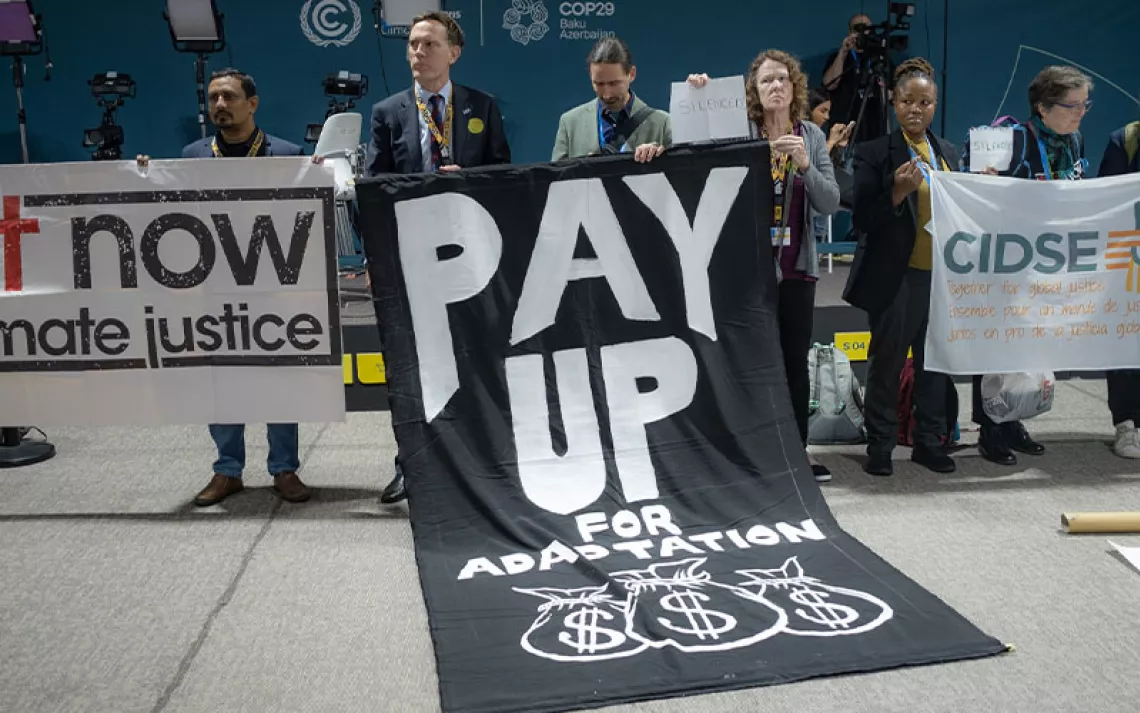All the Environmental News in Case You Missed It
Turtle-friendly beer packaging, opioid-positive mussels, and good news for gorillas

If emissions of greenhouse gases continue at their current rate, human-caused warming of the planet will exceed 1.5°C over preindustrial temperatures by 2040.
The Antarctic Ice Sheet is melting nearly three times faster than it was in 2012. Since 1992, it has lost 3 trillion tons of ice.

A Florida brewery develops a biodegradable six-pack ring that sea turtles can eat.

India will ban all single-use plastic products by 2022.
Belief in conspiracy theories correlates with climate-science denial. So does racism.
The rate of premature births in California communities adjacent to coal- and oil-fired power plants drops significantly after those plants close, according to a study of more than 57,000 births
The oil industry buys thousands of $10,000 refrigeration devices called thermosyphons to keep the Arctic tundra frozen so that oil production can continue.
The Democratic National Committee will no longer accept contributions from fossil fuel companies.
At a hearing of the House Committee on Science, Space, and Technology, Republican Alabama representative Mo Brooks suggests that global sea level rise is caused by rocks falling into the ocean.
Climate change has slowed the speed of hurricanes and tropical storms by 10 percent since 1949, increasing the danger to humans from increased rainfall and storm surges.
Last year's Hurricane Maria killed 4,645 people in Puerto Rico—more than 70 times the official death toll of 64.
Mussels from Puget Sound test positive for opioids.
The energy required for a single Bitcoin transaction could power the average U.S. household for a month.
Starting in 2020, California will require almost all new homes to have solar panels.

Hit-and-run deaths in the United States reach a record high. Nearly 65 percent of those killed are pedestrians and cyclists.
Mountain gorilla numbers rise from 480 in 2010 to 604 in June 2016. The mountain gorilla is the only wild great ape whose population is increasing.
This article appeared in the September/October 2018 edition with the headline "Up to Speed: Two Months, One Page."
 The Magazine of The Sierra Club
The Magazine of The Sierra Club



